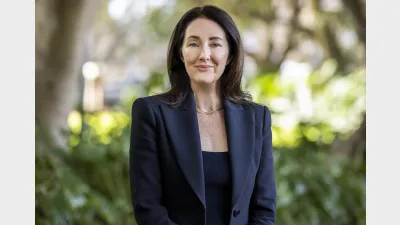Balanced in-house management can lead to lower costs



Veteran superannuation chair, Gerard Noonan, believes super funds need their balance their desire to internalise with external management but, over time, it will reduce the cost of investing for members.
Speaking on a podcast for the Australian Institute of Superannuation Trustees (AIST), Noonan, who was a former chair of Media Super until September 2020 and former AIST president, said funds were increasingly looking to manage assets without third-party managers.
Moving management in-house had been a popular move recently although funds were divided on its benefits as it also came with drawbacks such as talent retention. UniSuper, for example, had more than 70% of its fund managed in-house while others such as Hostplus preferred outsourcing the task.
Noonan said: “Funds now increasingly are saying, ‘Look, why do we pay so much to fund managers? Why can’t we manage the assets ourselves?
“We don’t necessarily want to do the whole lot ourselves. We can get a balance there. But I think over time, you’ll see the cost of investing slowly drop, and that will include external managers as well.”
Having worked as a journalist for 40 years on titles such as the Australian Financial Review and Sydney Morning Herald, he also reflected on the importance of the equal representation model between employer and employee.
“I’ve been on these boards for the best part of three decades. And there’s been terrific cooperation between the employer representatives and union/employee representatives. I’ve never seen anything divide along employer and employee lines as far as decision making is concerned,” he said.
“And the reason is that we’re fiduciaries, we understood our tasks and our responsibilities. There was sometimes a little bit of the natural tension that occurs in the industrial relations world. And so we kept each other honest by making sure that we had the interests of our members at heart.”
Recommended for you
The peak industry body has welcomed new legislation reforming super advertising and onboarding, stating the changes built on recent Payday Super measures.
Funds are facing criticism after a new analysis found $33 billion is invested by super funds in companies expanding coal, oil and gas globally.
There is “no chance” of a cut by the Reserve Bank of Australia next week, according to UniSuper’s head of fixed interest David Colosimo.
State Super has begun its partnership with Frontier Advisors, transferring investment staff and taking a major equity stake to support long-term capability.










